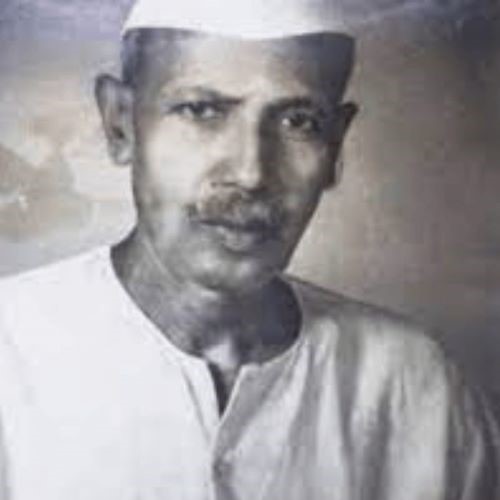Early Life
Jagat Narain Lal was born on 21 July 1894 in a small town in Bihar. His family was constantly on the move, shifting from town to town. Lal was tutored at home for the most part, though he joined the formal education system for high school. In 1910, he graduated from Irwin Christian College and subsequently received his post-graduate degree in economics and law from Allahabad University.
In 1918, he began practicing law in Patna High Court while also teaching economics at Bihar Vidyapith. He wrote extensively on spirituality and politic. He served as the editor of ‘Mahavir’, a magazine till 1928.
Role in India’s Independence Movement
Lal was a prominent Indian National Congress leader, particularly well-known in Bihar. Much like other leaders of the freedom struggle, he was arrested for participating in the Non-Cooperation, Civil Disobedience, and Quit India movements.
Lal was a Hindu Mahasabha member too and became its general secretary in 1926. In 1932, while in prison, Lal wrote a letter to B.S. Moonje, a Mahasabha leader, mulling over his dual membership of the Mahasabha and the Congress, explaining his essential agreement with the nationalism promoted by Congress under Gandhi.
He began to veer away from the Hindu Mahasabha in the 1930s, completely severing ties in 1937 when he contested the provincial assembly elections in Bihar on a Congress party ticket and defeated a Mahasabha candidate.
He joined the Servants of Hindu Society to continue working on the protection of Hindu interests.
Contribution to Constitution Making
Jagat Narain Lal was elected to the Constituent Assembly from Bihar on a Congress party ticket. He intervened in multiple debates on varying issues such as freedom of the press, freedom of religion, reservations, and emergency powers of the President.
Later Contributions
Jagat Narain Lal was active in politics post-independence as well. He was a part of the Dar Commission appointed in 1948, to look into the feasibility and desirability of linguistic provinces. He was also elected to the Bihar Legislative Assembly, and served as the Minister for Law and Animal Husbandry under Sri Krishna Sinha.
- While discussing legislative powers to regulate newspapers, Lal argued that as an advanced country, India must guarantee full freedom of speech and expression for its citizens.
- Lal observed that the Draft Constitution contained one of the widest clauses in the world guaranteeing freedom of religion which also enshrined the right to propagate religion. He proposed that to safeguard the interests of the majority religions, there was a need to prohibit the conversion of minor children.
- The Dilemma of Jagat Narain Lal, Congress or the Hindu Mahasabha: Some Excerpts from Unpublished Letter of Jagat Narain Lal to Dr. Moonje from Hazarubagh Central Jail, March 1932, by Manish Sinha (Proceedings of Indian History Congress, 2015)
- Light Unto a Cell, by Jagat Narain Lal (Hind Kitabs, 1947)
- Competing Nationalisms: The Sacred and Political Life of Jagat Narain Lal, by Rajshree Chandra (Penguin, 2021)

